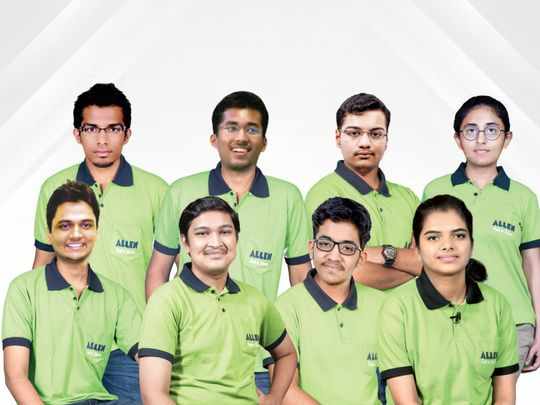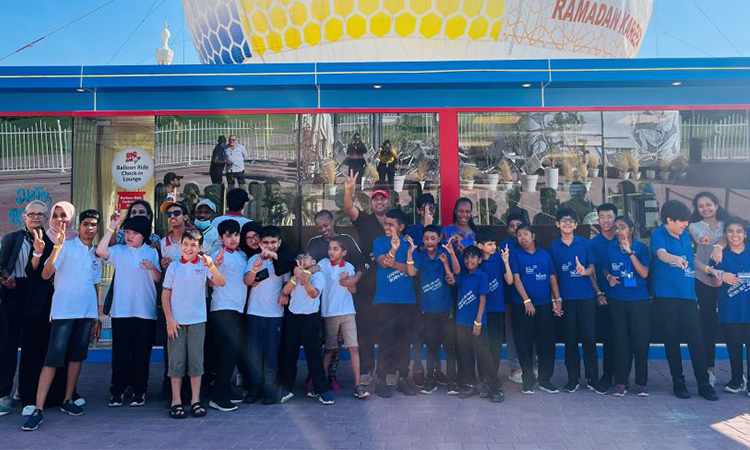How the Zai Centre at Abu Dhabi’s Zayed University seeks to preserve the Arabic language and improve its teaching
- Date: 27-Dec-2022
- Source: Arab News
- Sector:Education
- Country:Saudi Arabia
How the Zai Centre at Abu Dhabi’s Zayed University seeks to preserve the Arabic language and improve its teaching
DUBAI: In the 21st century, English has become the lingua franca of nearly the whole world. In the Gulf, children are often pushed to learn English from a young age, and many speak near-perfect English with barely a hint of an accent. Just Google “English schools in Saudi Arabia,” and you will find yourself drowning in thousands of results. Amid the Arab world’s race to churn out English speakers, however, some educators are concerned that the case for making them equally fluent in standard Arabic has fallen by the wayside. Though most Gulf countries can boast of adult literacy rates upwards of 94 percent, only around 73 percent of Egyptians can read and write, and in Morocco, this percentage is only 68, according to the CIA World Factbook. While some believe that Arabic is no longer a prerequisite to find work, Dr. Hanada Taha Thomure calls this a myth. “You will need Arabic. A situation will surface at some point, and you will need to be able to use the language at work,” she told Arab News. Thomure, an Arabic-language professor with many years of experience, insists it is far from obsolete. “Walk the streets of Cairo or Beirut, or




















